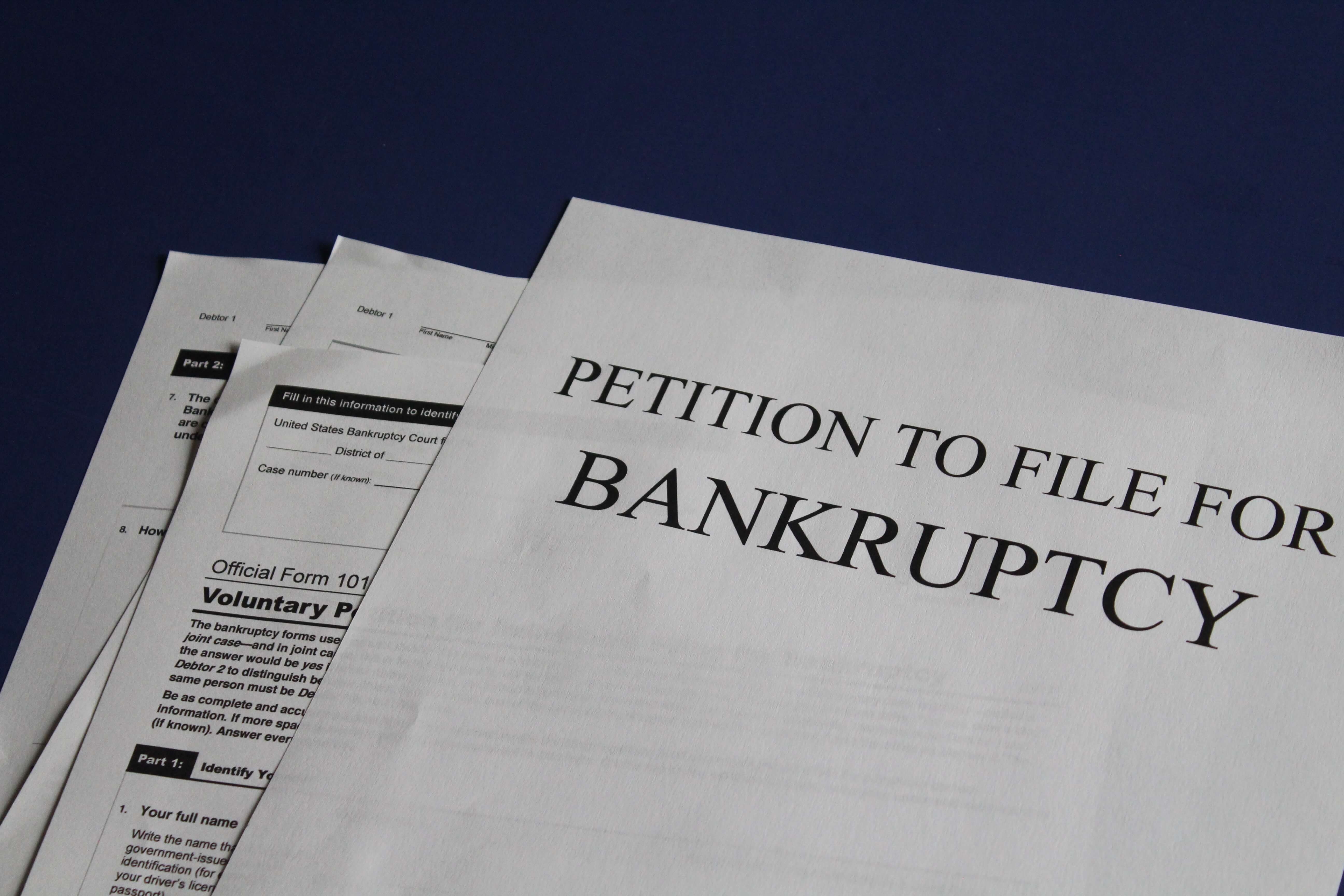Tag: discharged bankruptcy

What are the types of debt that can be discharged in bankruptcy?
When it comes to unmanageable debts, it is common to think for a bankruptcy to avoid further issues. The law gives us the opportunity to discharge our debts through bankruptcy in order to recover our financial status. In this article, we are going to talk about the types of debt that can be discharged in bankruptcy. Some of the debts cannot be discharged, but they can be restructured to allow you to pay them easily. Others can be completely eliminated, which will give you the opportunity to keep most of your belongings, rather than selling them to pay off. How does it work? There are two main types of bankruptcy that can be found in Chapter 7 and 13. “Chapter 7 allows you to clean a great variety of debts in a short period of time, while the later Chapter is used to keep your assets in touch.” says Bankruptcy Lawyer Boca Raton With some cases, you’ll have to sell some of your property to pay off creditors. However, if you don’t own much property, you might be qualified as a “no asset” case, which would save you a lot of headaches. Debts that can be forgiven by Chapter 7 include the following: Personal loans Medical Bills Credit card debt Utility bills Repossession deficiency balances Auto accident claims Lease debts Student loans Attorney fees Civil court judgments. With Chapter 13, you can reorganize and consolidate your payments to prevent having any penalties. This way, you can pay most of your debt in a period of three to five years. Upon completion of the repayment plan, you will be discharged by most of the debts that remain. This Chapter is suitable for individuals who wish to keep their assets and those whose income is too high to classify for Chapter 7. To apply for Chapter 13, you must have a solid source of income and enough money left to add them towards your new payment plan. Debts cleaned by Chapter 13: Unsecured Debts Medical Bills Personal Loans Credit card debt utility bills lawsuit judgments income tax obligations The chances are that you’re going to repay some of the amounts through the repayment plan, but the remaining will be discharged. 1. Secured Debts : This chapter allows you to remove debts such as a second mortgage through lien stripping. This way, it will be marked as a non-priority unsecured debt It is important to check all of your debts whether they can be split up. For example, you can split your car loan into two parts - secured & unsecured. Obviously, the secured portion must be paid, while the other one will disappear after the repayment plan is completed. Debts discharged ONLY by chapter 13 Debts accumulated through a property settlement agreement in a divorce Retirement account loans Fines & Penalties owed to the government Condominium Fees Debts from previous bankruptcy that were denied for discharge Debts from malicious damage to a property What Bankruptcy can’t discharge Of course, you can’t discharge all debts using these two Chapters. By using the first one, you will still have to repay the debts after discharge. While using the second, the debts will remain after the repayment plan is completed. Furthermore, if you’d like to keep your personal belongings such as a house or a car, you can’t omit payments Non-dischargeable debts: Debts accumulated due to a personal injury caused by driving under the influence. Student loans Fines and penalties for violating laws Child & Family support Income tax debts within the past three years. If your creditor is against your request to discharge the following debts, they might be classified as non-dischargeable. Debts from willingly causing an injury to a person or property Debts owed due to a divorce settlement Debts due to fraudulent activity Credit purchases for luxury goods within the last two months. Bankruptcy will surely not solve your financial problems, but it will ease your situation, allowing you to make timely payments and recover quickly. Read Also : Debunking 7 Notorious Bankruptcy Myths Major Financial Problems That Can Affect A New Business What Are The Benefits Associated With Crowdfunding For Businesses?
READ MOREDetails















